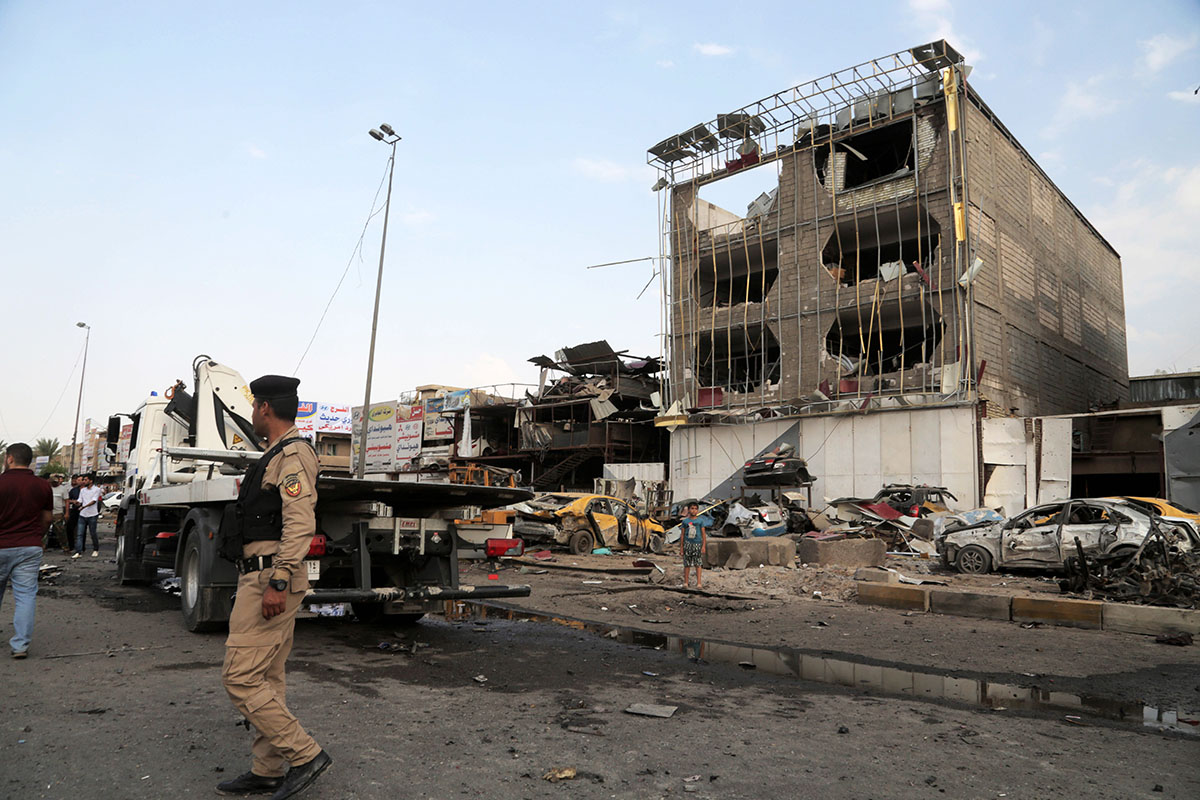BAGHDAD – A spokesman for Iraq’s prime minister said Sunday that a security wall is being built around Baghdad but that it is “not politically motivated” or aimed at “achieving demographic change.”

Saad al-Hadithi spoke to The Associated Press after an earlier statement from the prime minister’s office seemed to dismiss the idea entirely. “Baghdad is the capital for all Iraqis and it’s not possible for a wall or a fence to isolate the city,” the earlier statement said.
READ MORE: Change of heart: Iraqi refugees in Germany heading back home

Get daily National news
The plan for the wall was originally drafted by the Interior Ministry as an effort to curb near-daily attacks carried out by the Islamic State group and cut down on checkpoints inside the city that snarl traffic.
The Interior Ministry’s spokesman, police Brig. Gen. Saad Maan, told The Associated Press that the “wall” would be comprised of an increased number of checkpoints around the city cutting off routes that IS uses to smuggle car bombs in.
READ MORE: Bodies of children, women, police found in mass grave in Ramadi
“It’s not a wall exactly,” Maan said. “We have reduced the number of attacks inside Baghdad, but we are working to prevent them completely.”
Baghdad has seen near-daily bombings since the 2003 U.S.-led invasion, mainly carried out by Sunni militants targeting the security forces and the country’s Shiite majority. Security officials say most of the bombs are built outside the city and smuggled in despite a labyrinth of roadblocks and checkpoints.







Comments